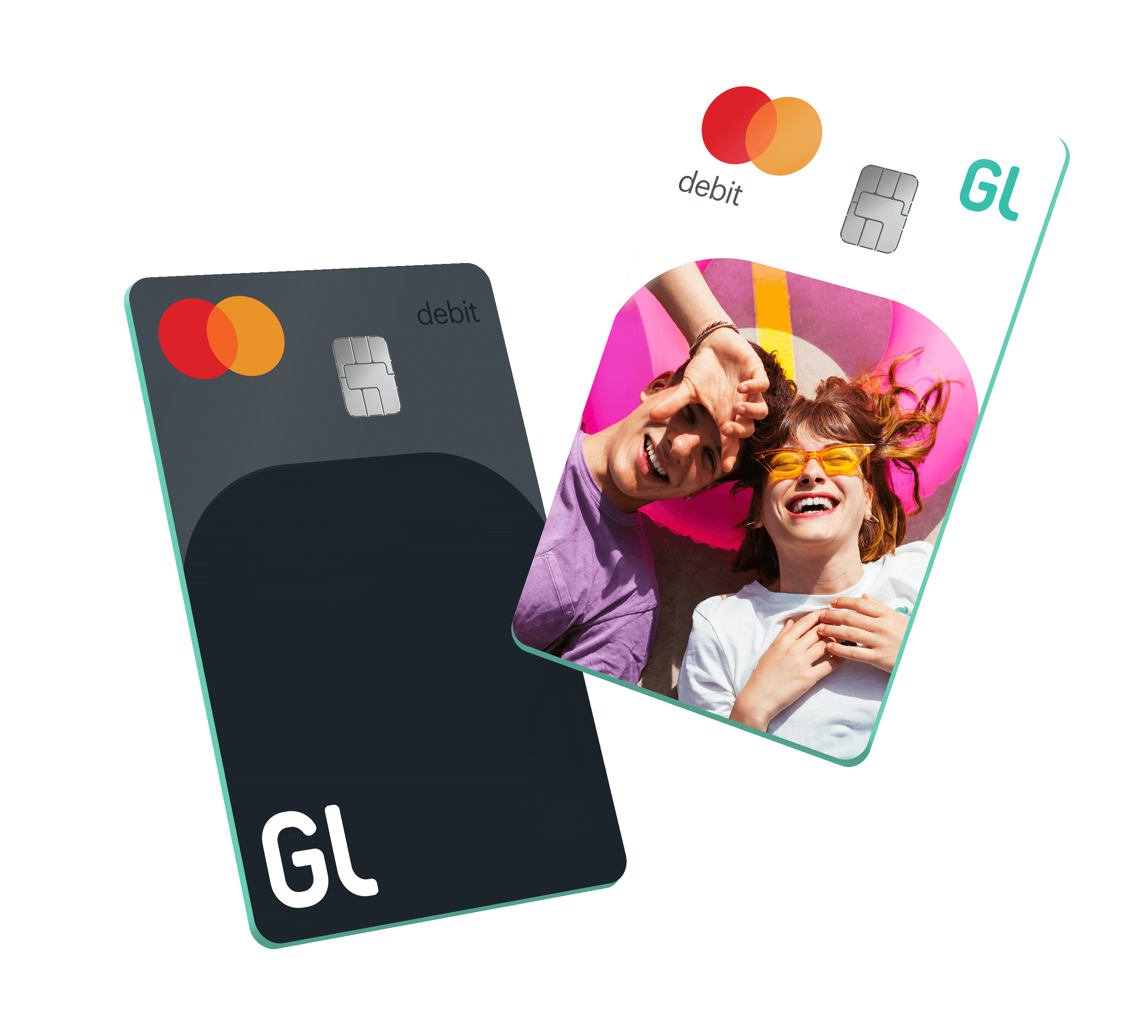July's Basecamp Newsletter

Every expense associated with buying a home
The number of homes for sale is currently up 15.3% compared to this time last year, with inventory up, now is a great time to buy.1 If you're buying for the first time, or it's time for a refresher on the process, we'll break down the up front costs needed to purchase a home.
Earnest Money Deposit: 1%-3% of purchase price
This deposit is a show of good faith once you've signed an offer that you're intending to move forward with the purchase. This deposit is put toward your down payment.
Down Payment: 3%-20%+ of purchase price
One of the most common upfront expenses associated with purchasing a home, your down payment, is the amount of your home you're paying for upfront. Down payments can be as low as 3% for first-time buyers but tend to be around 20% of the purchase price for most buyers. If you pay less than 20% for your down payment, most lenders will require borrowers to have PMI, or mortgage insurance, which increases your monthly payment amount, until you have 20% equity in your home.
Inspection: $200-$500
Home inspections range in price depending on inspector, areas inspected, and the market you're shopping in. This is an expense not included in your closing costs, but one you pay out of pocket.
Closing Costs 3%-6% of the purchase price
The term closing costs is used as a catchall for several of the fees that accrue during the home loan process. Below are just a few common costs included in your closing costs. Closing costs cannot be included in your loan and must be paid at your loan's closing.
Appraisal
Origination Fee
Application & Credit Report Fees
Title Fees
Transfer Tax
This is a non-exhaustive list of closing costs, and they vary based on the type of loan you're procuring, the home you're buying, whether you're moving from one state to another, and so on. One option you can discuss with your realtor is to negotiate to have the sellers cover a portion of the closing costs.
Moving: Anywhere from $200-$10,000+
Remember, you're not only buying your new home, buy you're also moving into it. The cost of moving varies greatly from person to person and move to move. If you're not renting a moving truck or hiring movers, your expenses will be relatively low, but factor in the cost of boxes, packing supplies, and even additional cleaning supplies for your new home. You should also budget for snacks and pizza for your moving helpers.
If you hire movers, or rent a moving truck that will bring your expenses up a bit. Moving companies range from as low as $2,000 to well over $10,000. This price entirely depends on how far you're moving and how much stuff you have to move. If you're doing a cross-country move, you may need to look into additional insurance for your items if you're not moving with them.
We're not rounding up all these expenses to scare you but to provide you with a realistic picture of the home-buying process. Sometimes home buyers come in only thinking about the purchase price, or the down payment. The additional costs associated with moving and closing on a home eventually pay for themselves with the increase in property value.
More about the whole process
On average, the home loan process takes 52 days from start to finish. Get a full break down of every step in the process at our complete blog at the link below.
Our Meridian Grand Opening
Come celebrate our Meridian Branch's Grand Opening Wednesday, July 24th! We'll have a ribbon cutting, giveaways, snacks and more from 11 am – 2 pm. Plus, stay tuned for even more fun, community events in the Treasure Valley. We'll see you there.
Have you heard the news?
P1FCU is a Greenlight Partner! Teach kids to earn, save, and spend wisely with Greenlight. Parents can send their kids money and set parental controls, while kids can use their own debit card (with parental controls in place), set and achieve savings goals, and so much more.
 For your eyes only: Secure Access Codes
For your eyes only: Secure Access Codes
Have you noticed more often than not, when you log into an online account, like your Digital Banking, you have to provide a code that's been sent to your phone or email? This code is called a Secure Access Code or One Time Passcode. These numbers are part of Multifactor Authentication, which is a way that online account providers make sure that you're you when you're logging into your online accounts.
More and more, we see fraudsters convincing members to share their Secure Access Codes with them. In reality, your secure access code is for you to use and only you. The person who has your secure access code can access your online accounts. P1FCU will never ask you for your secure access code.
Multifactor Authentication, while sometimes an annoying extra step, is a fantastic way to protect your accounts. That said, it's only effective if your Secure Access Code remains for you and you alone.
Find more information about how to protect yourself from fraud at our fraud center.





